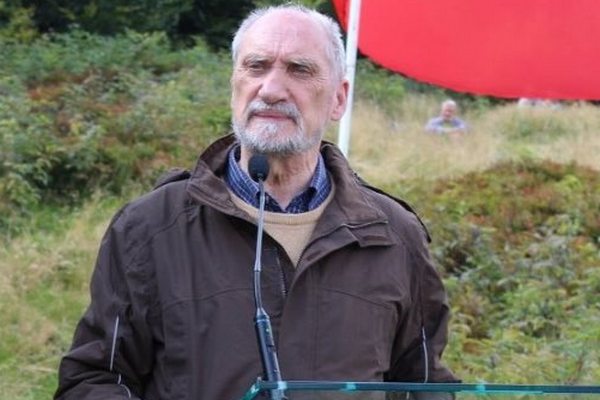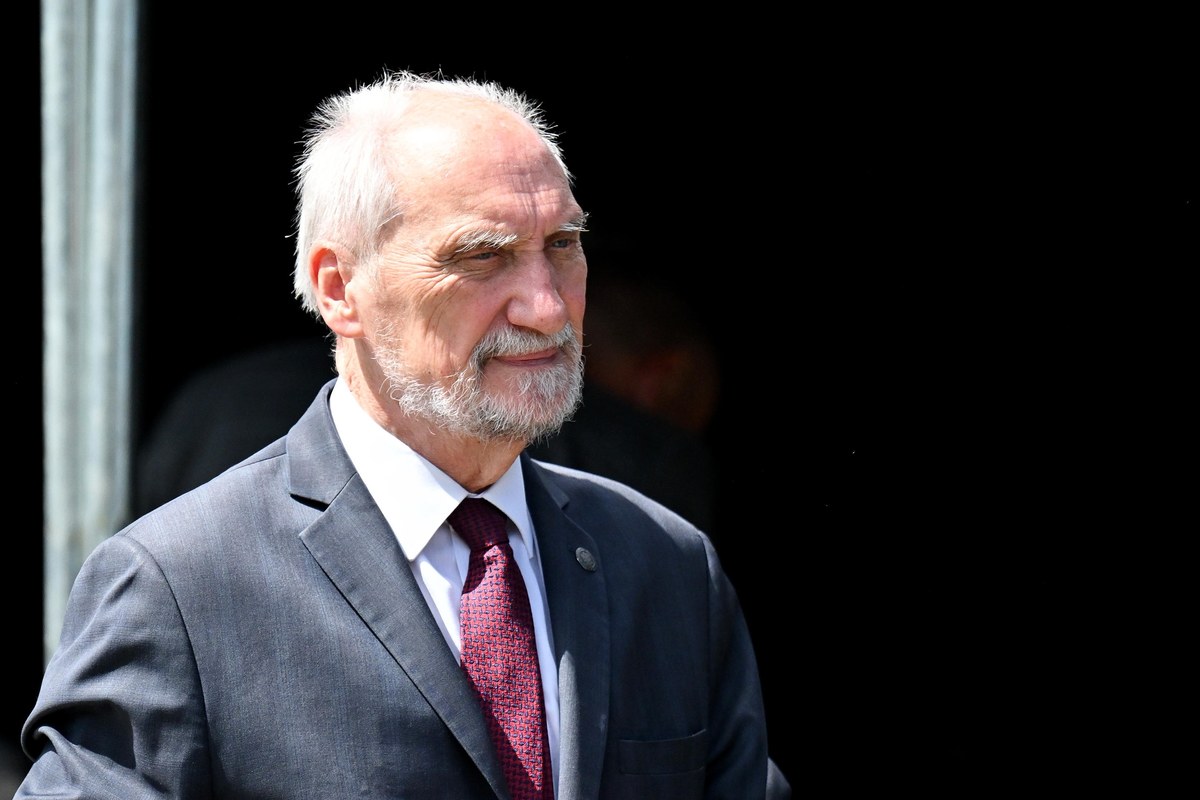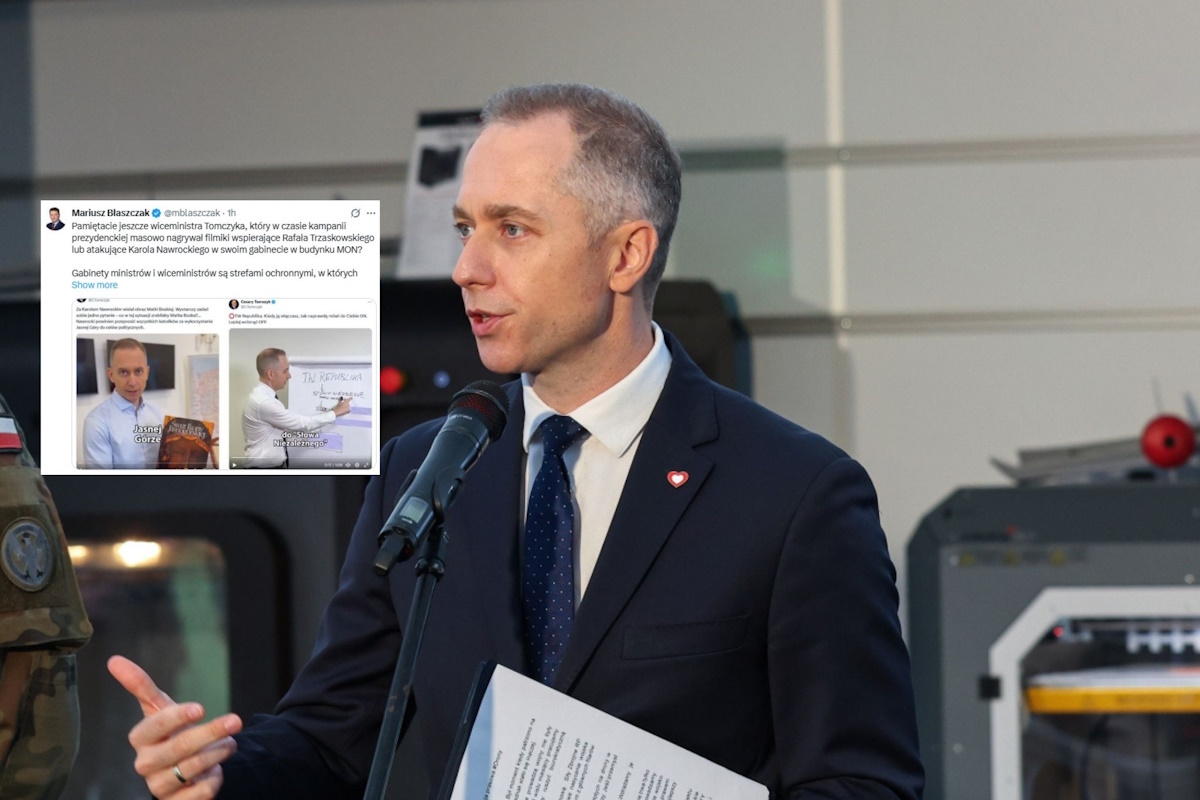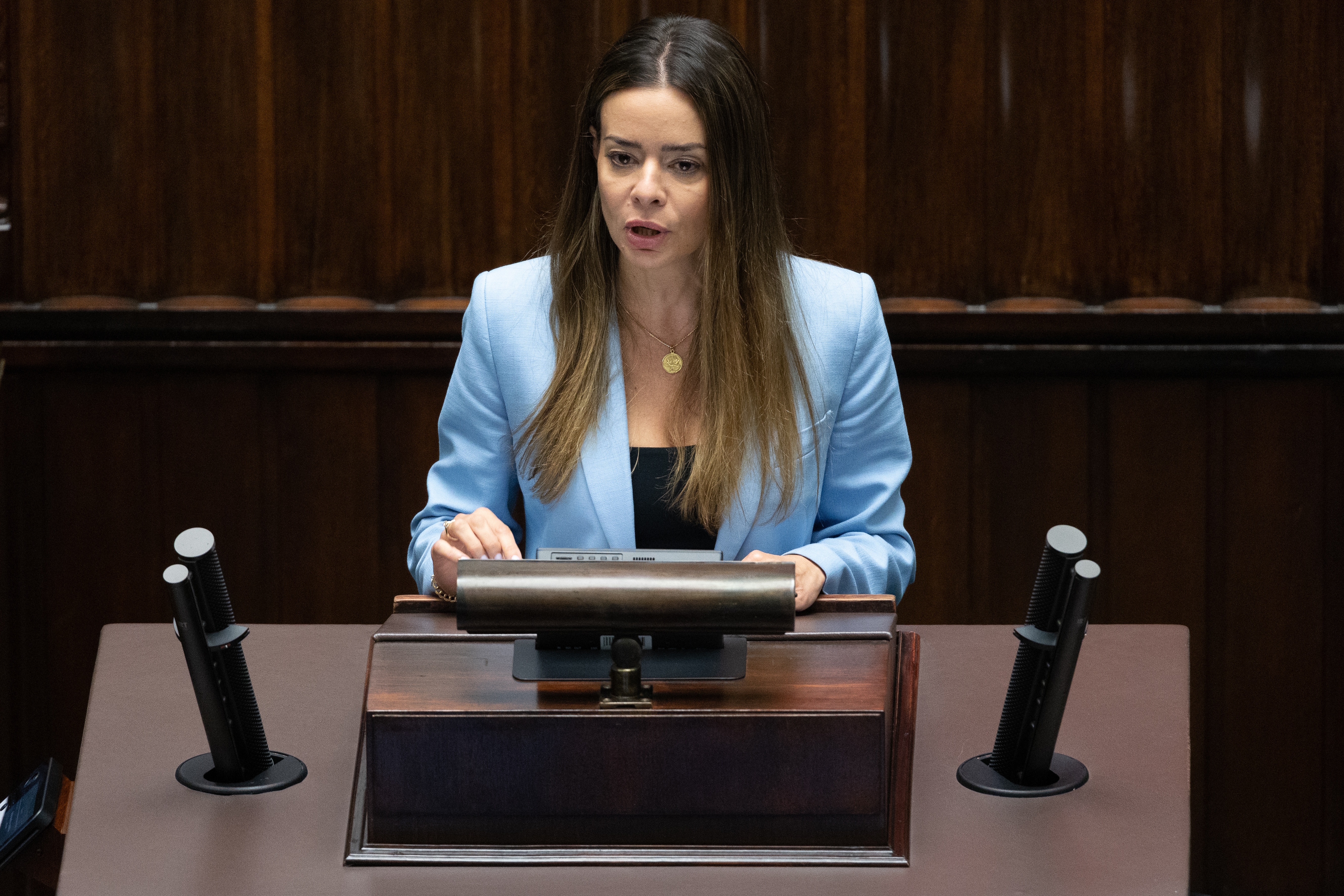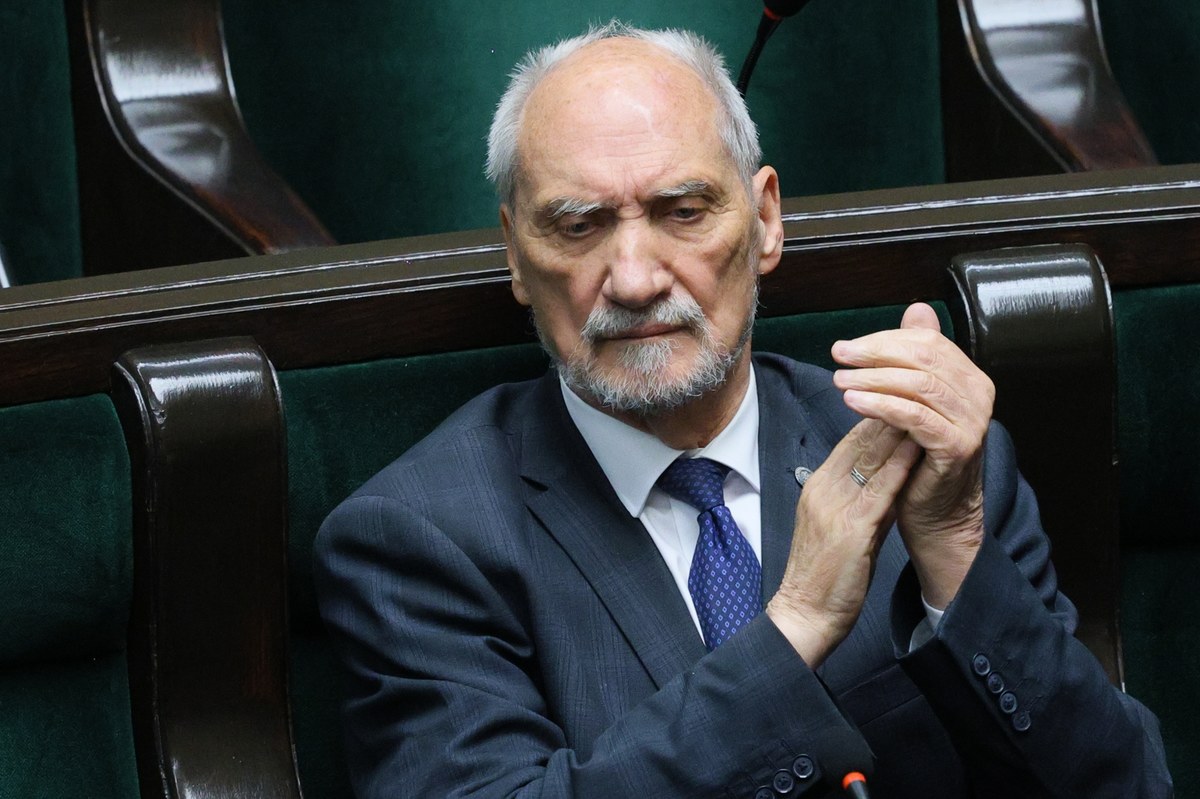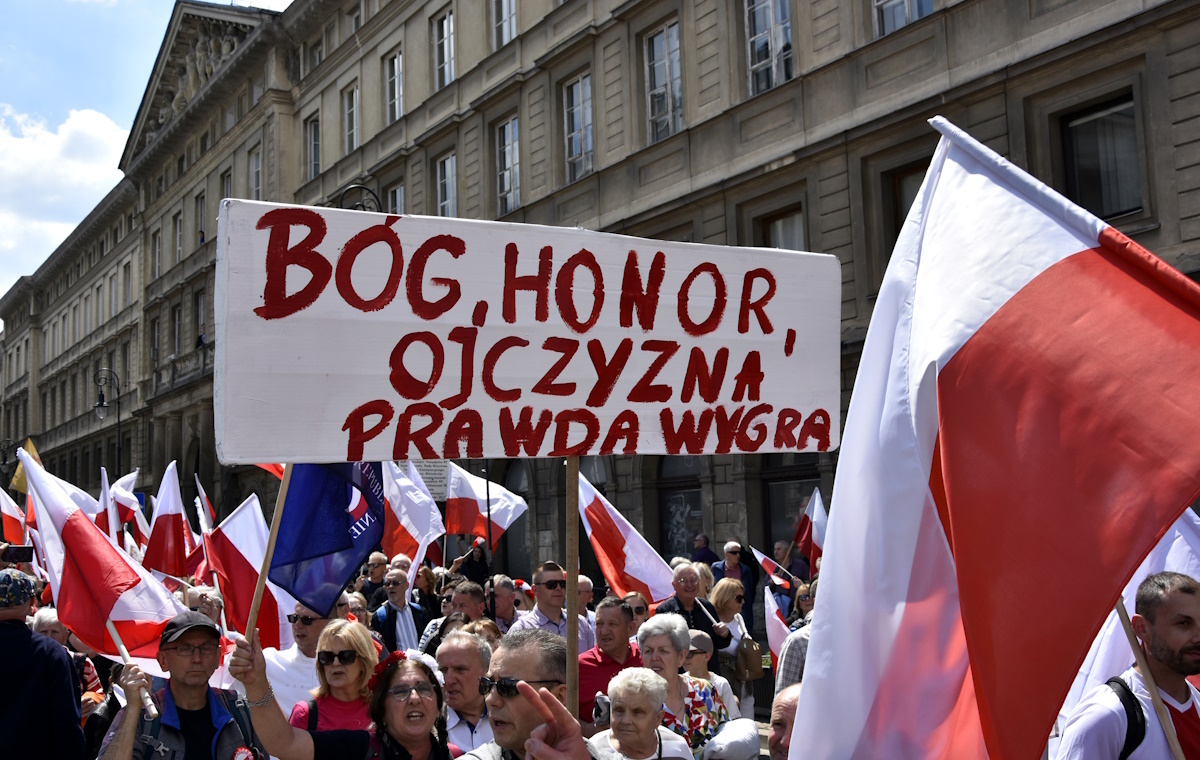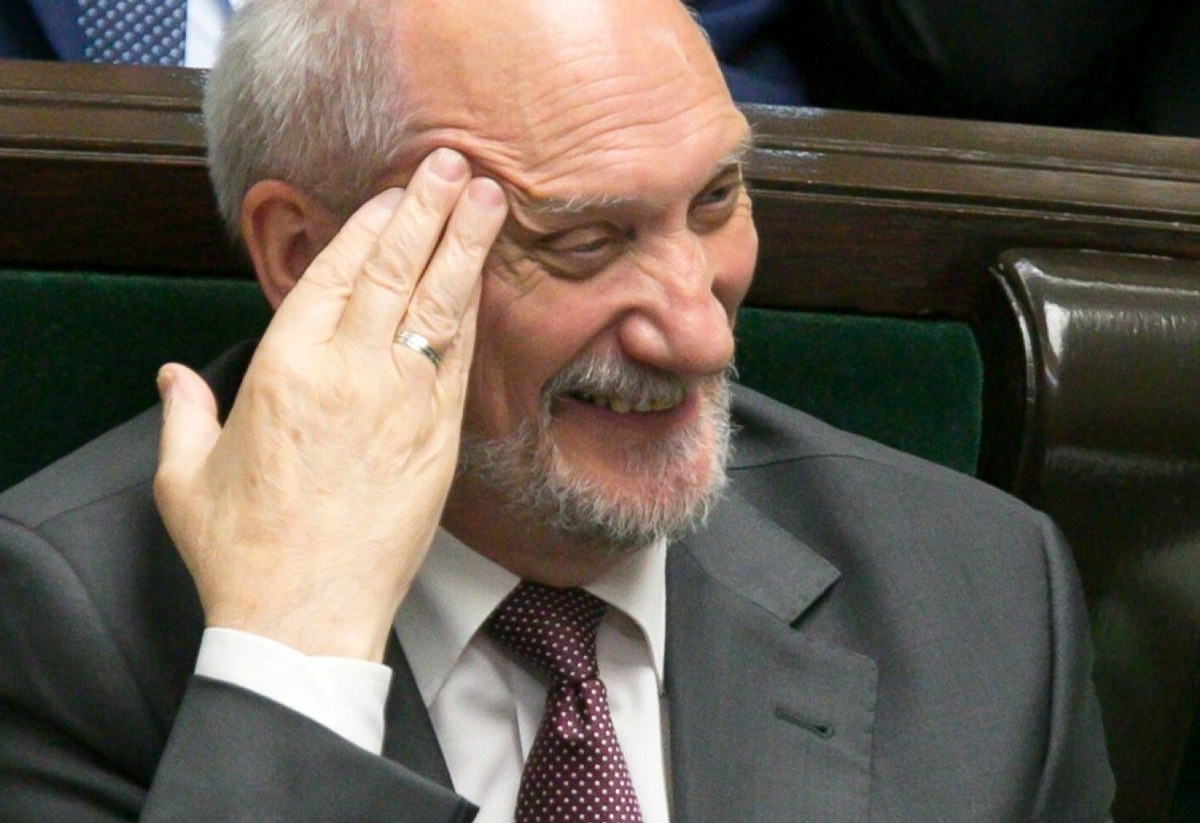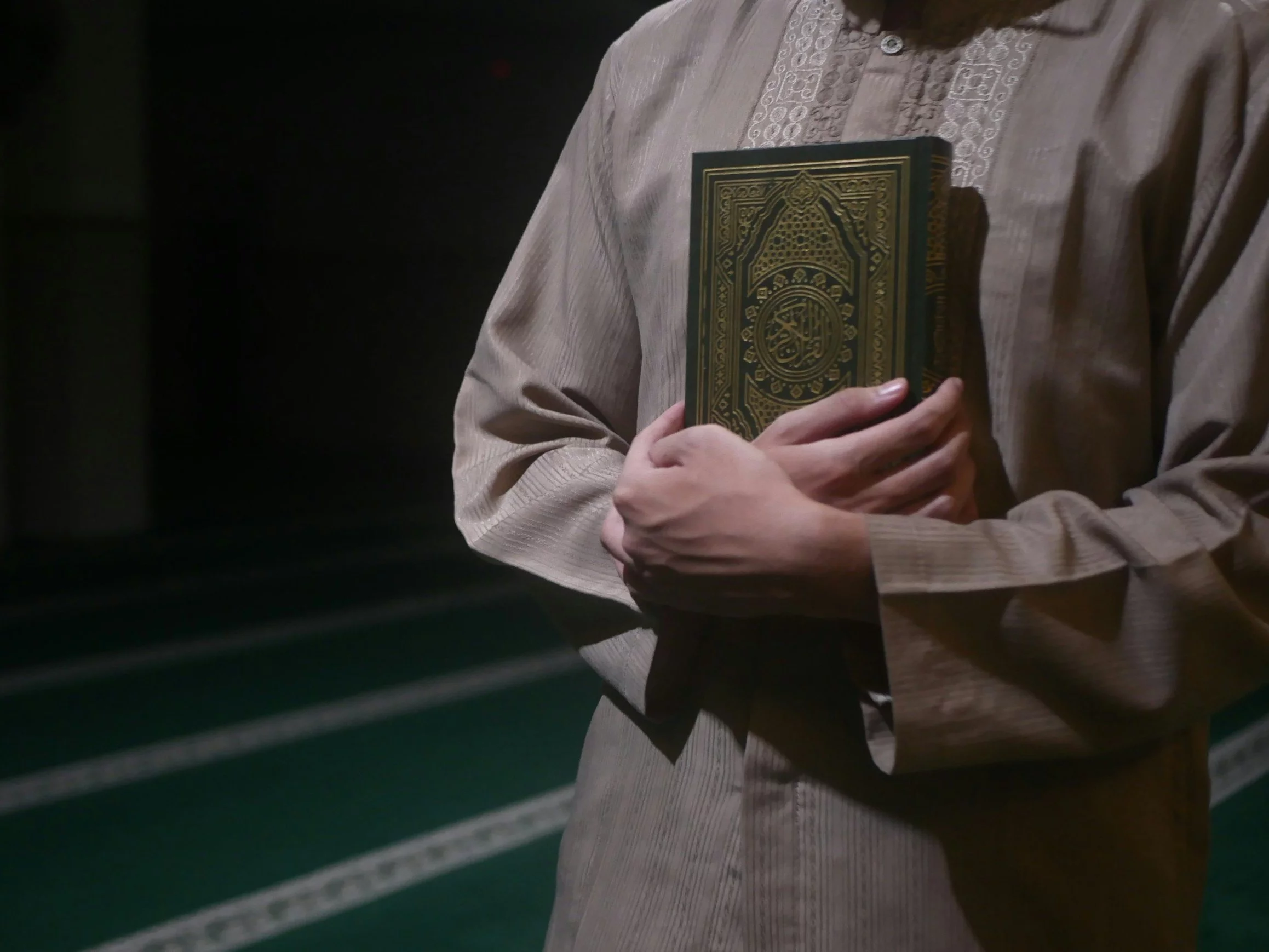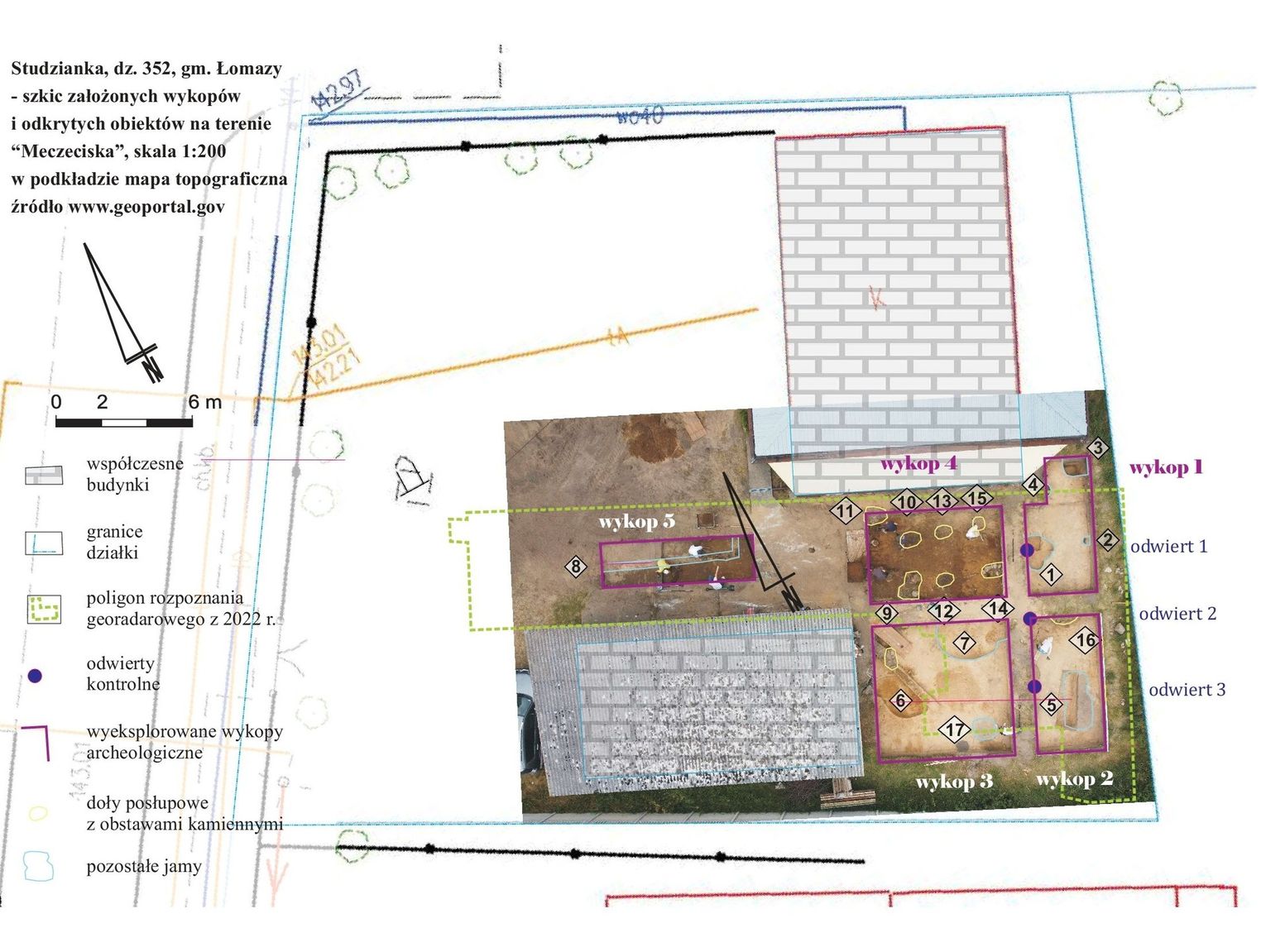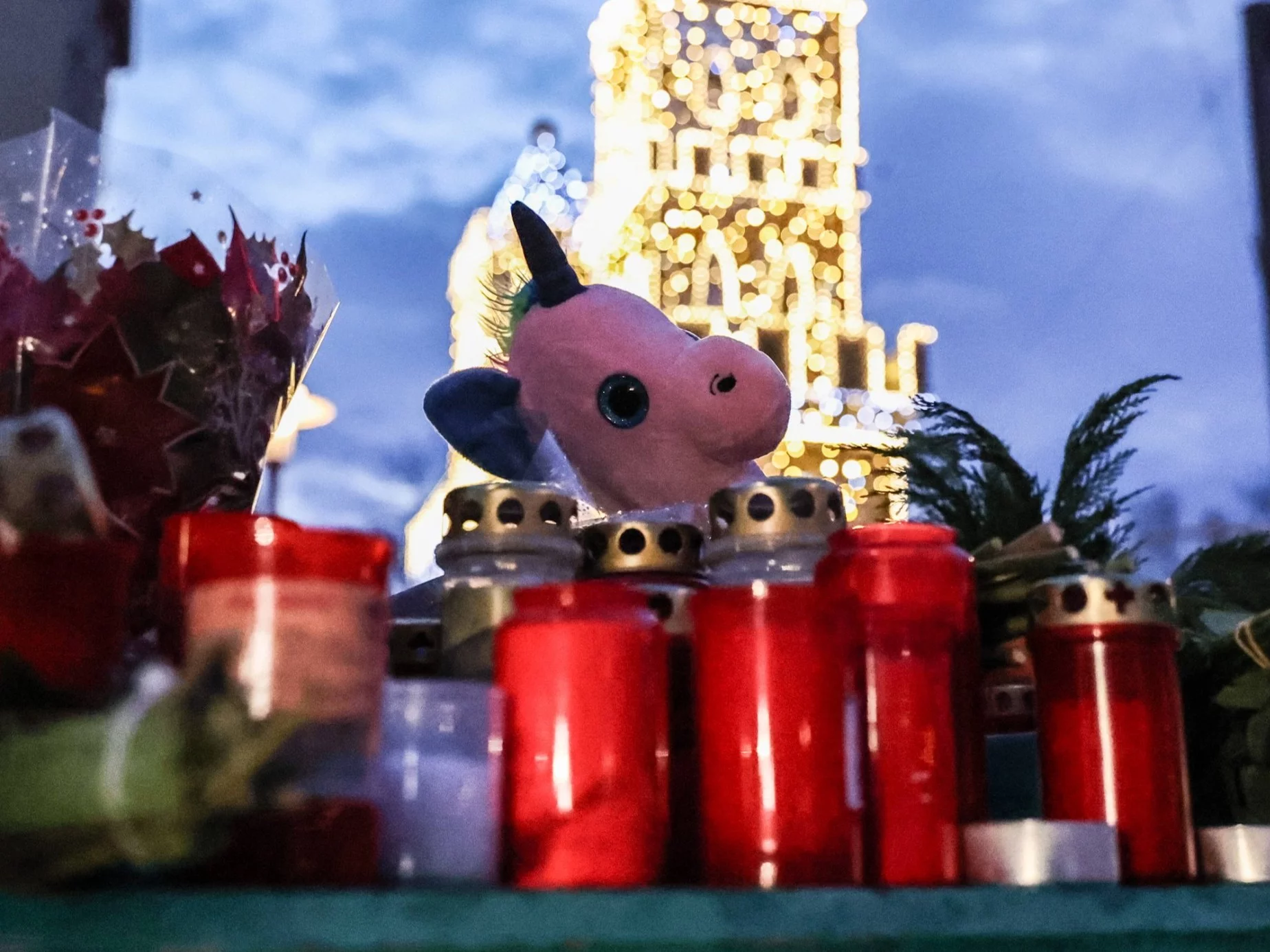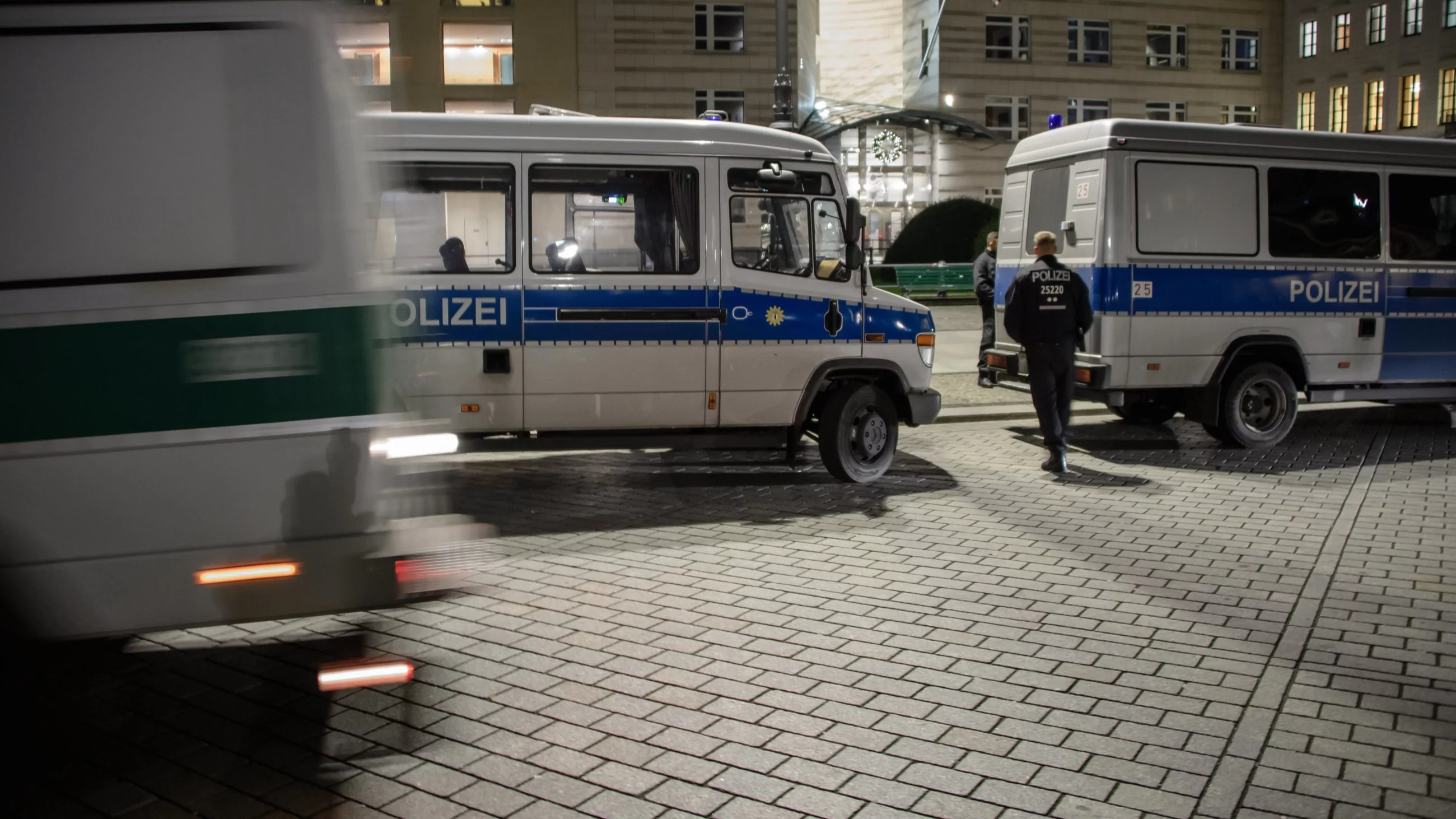
It was a banishment sentence, but how perverse, due to the fact that the criminal government of traitors on patriots and righteous people, so it was a mockery of the justice system, destroyed already in the years of Stalinism and which was never reborn in the "people's" republic. The Polish People's Republic, including the “barrack of sadists” who have kept people hungry and sleeping on concrete behind bars, or for purposes with criminals, or bitten and wounded in internment sites – as can be seen in this book (e.g. p.120) published in the Torun Kucharski Office in cooperation with the Melbourne Solidarity Group and in the improvement of Mrs. Williams Jagoda, besides the cooperation of Witold Łukasiak, Zbigniew Koreywo and Grzegorz Majchrzak. In Mrs. Berries' preface, we read that the people described here were creating a revolution of Solidarity. The embryo of this book was a column of "True Solidarityrs" in the Polish Weekly, led by the Author and Witold Łukasiak, who was the originator of this column. Adam Gajkowski supported this action. The cover reminds us that the book appears on the 40th anniversary of martial law, better late than never. After years of suffering and futile fight for free Poland, they left with passports “one way” without possibly knowing that Dante had already presented a akin fate:
Do not grieve the soul to bring distant from the darkness,
by the sun going into uninhabited countries,
Consider the tribe of your qualities;
You're not meant to live like animals,
But search out cognition and virtue...”
(Hell, Song 26, 116-120)
And I followed this route, taking with me the "Divine Comedy" and repeating the above verses. With the difference that I was not a Solidarity activist, but only a private associate of the Polish Literary Union, which was besides suspended in the state of war, and then solved, which was omitted in a perfect introduction by Mr Majchrzak, and did not mention that the government did the same with Pen - Club and with the Association of Artists – as you can see, the PZPR was even afraid of the brush! And a specified passport was only given to me after 4 years of effort and only due to the fact that in Italy I was awarded the Circe-Sabaudia award and the office of passports could not refuse. We lived in the PRL as attributed to the soil, dependent on the visions of the urchins, and the passport was just a one-time pass to the free world. The worst was for workers, due to the fact that – contrary to Marx's fraudulent assumptions – they were treated like animals, refusing honest salaries, raising the prices of meat or sugar, and shooting them in the streets in the event of protests. The highest of stupidity and falsehood was Marxism, as it proved to be a state capitalism in which the owner and owner of capital, labour salaries and marketplace prices was PZPR. And for deficiency of competition and free marketplace the strategy was lame, corruption lurked everywhere, and a tiny private sector – oppressed by taxes! - could not save the economy. Poland was thus shaken by further crises which ended in social protests and shootings. Since Poznań (1956) and this massacre (according to authoritative data, 75 people were killed at the time and 800 were wounded) after the slaughter in December 1970 (only in Szczecin the government shot 147 people), and the number of killed reached respective 100 across the coast, as W. Roszkowski says (History of Poland 1914-1990, W-wa PWN p. 305). Polish authorities were amazed by August, due to the fact that the totalitarian government could not cope with the wave of strikes in Poland, especially on the Coast. They couldn't be pacified like a manifestation on the streets. The 4th plenary of organization "dark" (and "vampires" of the working class!) so adopted the concept of a political solution to the conflict. The fear of the authority of John Paul II was most likely played here.The force was abandoned, but in secret PZPR established a staff with General Jaruzelski, who was to prepare a plan to suppress protests by force. Meanwhile, the negotiations continued and independent trade unions were formed, yet 24 X 1980 was registered NSZZ “Solidarity” which gave the first blow to communism in the Polish People's Republic, and was besides inspired by the visit of John Paul II in 1979, which not only strengthened our religion and added hope, but besides revived a sense of national community, always in opposition to the absurd and criminal ideology of Marxism. In our hearts, his words have fallen deeply: “Do not be afraid” or “Let your Spirit come down and renew the face of this earth, this earth” (with emphasis on the last 2 words). And besides this crucial sentence: “Never 1 nation can make at the expense of another!” The book so presents the silhouettes of 24 activists from real Solidarity 1980 (not Solidarity from the manipulated in front of the circular table ), who responded to the words of Karol Wojtyla, due to the fact that they had held in their hearts for years this spark of opposition against an inhuman regime, which choked all values and, of course, democracy. These are Hubert Błaszczyk, Roman Bordakiewicz, Adam Gajkowski, Tadeusz Jaskuliski, Jacek Klaś, Andrzej Klyta, Zbigniew Koreywo, Mirosław Krupiński, Zofia Kwiatkowska-Dublaszewska, Marek Kwiatkowski, Anna Lilpop Mikhailków, Czesław Lipka, Jan Michalak, Wiesław Pastuszko, Bogdan Płatek, Andrzej Pokorski, Krystyna Ruchniewicz - Misiak, Henryk Sawicki, Waldemar Sokołowski, Elżbieta Szczepańska, Jagoda Williams (Madej-Wyszyńska), Ryta Zawodowska, Stanisław Zdziech and Mirosław Zgirska.
This is the Solidarity Battalion – from many parts of Poland – which was located in Australia. It is impossible to summarize the experiences and statements of 24 people in this discussion, but I powerfully urge that those who feel Poles get this historical book and read the dramatic memories of heroes of the fight for Poland, with dense photographs. This book should be given to sons and grandchildren to learn patriotism. Solidarity was not only a labour union that claimed its rights, but besides fought for independent Poland, so it can be compared to the nobility confederations established in the past of the Republic, e.g. the bar confederation. but that alternatively of sabers and cannons defending Solidarity were photocopiers or secret printers. An interview with Andrzej and Joanna Star, who visited the antipodes, as well as the appendix with Tadeusz Płużański, another guest in Australia, is simply a valuable addition to the book. He called the book about Solidarity part of Polish heroic history, and in people devoted to Solidarity he sees “continuators in the relay of Polish aspirations, whose pillar was the unique gene of freedom... Their fight against the red plague was so a direct consequence of the thoughts and actions of the AK, NSZ soldiers and another independency formations.” (p. 203). Mr Płużanski besides compared the heroes of Solidarity to the Cursed Soldiers, due to the fact that for their unbreakable attitude they besides paid a advanced price: exile, the conflict of existence, starting everything from the beginning. Probably, the Peerelians hated Solidarity and even after 1989 they heard pseudo-authoritettes at various conferences denouncing the actual Solidarity and its legend, while praising the transversal suit "S", edited during Magdalena. And according to Australian exiles, the circular table was a cant and a scam, and I besides called it a trampoline for communists ("Polish News", Sydney, May 8, 1989), and prof. Jan Prokop described it as Noah's ark for communists. Reaching for a book developed by Jagoda Williams (forced in June 1981 to flee the country, along with a 5-year-old daughter) we will learn more about the tragic period of martial law, methods of combat and methods of repression. Unfortunately, this lesson may inactive be useful for us, due to the fact that since December 2023 Poland has been in a state of ruin under Tusk's “orders” and we are threatened with the liquidation of the Polish state, as well as Anschluss to the EU worshiping Marx, due to the fact that they even erected a monument to him in Trewira – that is, an annex to Brussels, but in fact to “superstate” with the capital in Berlin. It would be a perfidious political circus, a fresh demolition of Poland without shifting borders, specified as an immersion or covering 1 blue body by another. In order to prevent this tragedy, Poland needs a reborn Solidarity, and so a common movement of Poles (the peers cannot be counted!) connected with the movement of farmers fighting for survival. And at the end of the bitter poem of 1992 by Adam Gajkowski, published in the book as a motto, a poem about an “uncounted state”, which has made it hard for us since 1989 to fight for the sovereign 3rd Polish Republic:
Murdered, bullets pierced hearts.
Rats, lying bones.
They were beating, gag tightening his mouth.
Today you won't find the guilty,
Today is simply a state of innocence.
Indeed, they did not even let us to settle the guilty Smolensk assassination. What is the greater disgrace – crime or impunity? And how many members and activists of Solidarity or miners were murdered in the state of war? Tuziny, read about it in so many sources (e.g. “The unusual War” by J. Karpiński, Paris 1990) and Mr. Majchrzak recalled in the introduction Rokita's report, which gives 122 assassinated deaths. You gotta tell your grandchildren. In Mrs. Jagoda's book, talks with the exiles add fresh details and sacrifices, and the full is crowned with the chronicle of the Australian Polonia's reaction to the Jaruzel War against the Nation.
Marek Baterovich

‘Solidarity. One-way passport antipodes’,
Berries Williams ( cooperation Witold Łukasik, Zbigniew Koreywo, Grzegorz Majchrzak )
Toruń — Melbourne, 2023, Oficyn Wydawnictwo Kucharski , p.212
Editorial:
We encourage you to get the book by Marek Baterowicz published by our association - stories about the "war of Jaruzel"- It's coming in the wound.


